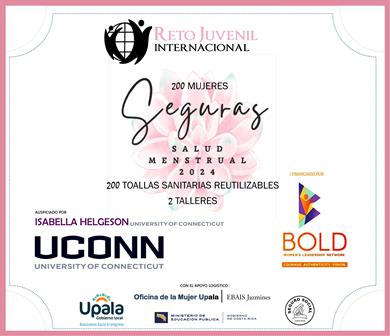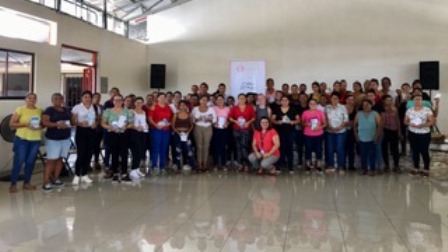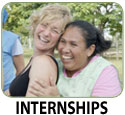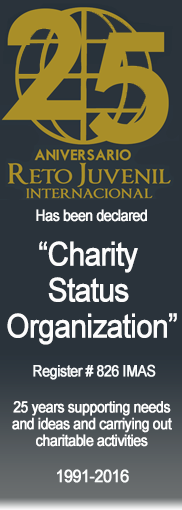
MENSTRUAL HEALTH MANAGEMENT 2024

Most girls and women in Upala, rural Costa Rica zone, have no prior experience using sanitary pads. While on their period, they usually stay at home until it stops. Women are unable to attend social functions, and girls are not able to go to school. Many girls and women there struggle every month just to manage their periods hygienically, something that many of us take for granted. Lacking access to basic sanitary and hygiene products or facilities, women are forced to use unhygienic cloth and girls often skip school out of shame and fear of bullying.
Lack of basic products or knowledge about how to manage menstruation can lead to both physical and psychological harms and results in girls missing out on crucial education.
The Project MHM MENSTRUAL HEALTH MANAGEMENT Project August 2024 distributes washable, reusable sanitary pads as part of a sustainable response to the challenges faced by females in rural upala communities.
Thanks to University of Connecticut in collaboration with Isabella Helgeson, BOLD and the Reto Juvenil Internacional team, with logistical support from local Partners such as Costa Rica Ministry of Health – Jasmines EBAIS, Ministry of Education, Upala Women Office and Upala Local Government; We identified and worked with the most vulnerable female community members to support with our hygiene and sanitation Program.
Rural females received a dignity kit, that contains a sanitary pad, informative brochures and training. The females were trained in how to use the pads “The sanitary pads are eco-friendly, cost-effective and can be re-used for 5 years” and how to contact and access specific free programs to promote rights and opportunities, In addition, the women received transport and lunch.
Objectives Achieved
- 200 girls and women provided with 1 reusable sanitary pads as a sustainable, hygienic and cost effective menstrual management solution for vulnerable females in Upala, Los Jasmines Village and surrounding communities of rural Costa Rica.
- Reduce school dropout, improved academic performance amongst student girls, and better quality of life for rural women field workers
- Promote good hygiene habits that build high self-esteem amongst the females and create awareness about the needs of the females with support from the local health authorities.
- Achieved personal development amongst rural girls and women through education that promotes self-awareness, positive social behavior, and career counseling, avoiding social ills.
- Train the 200 beneficiaries on proper use and care of reusable sanitary pads so as to ensure that the objective of hygienic and sustainable menstrual management is attained.
- 200 beneficiaries Empowered in:
- Shower. Part of Self-Care
- Women right to organize in associations and foundations
- Effective maternity protection
- Some legal advice for women
- The Menstruation
- Domestic violence

























